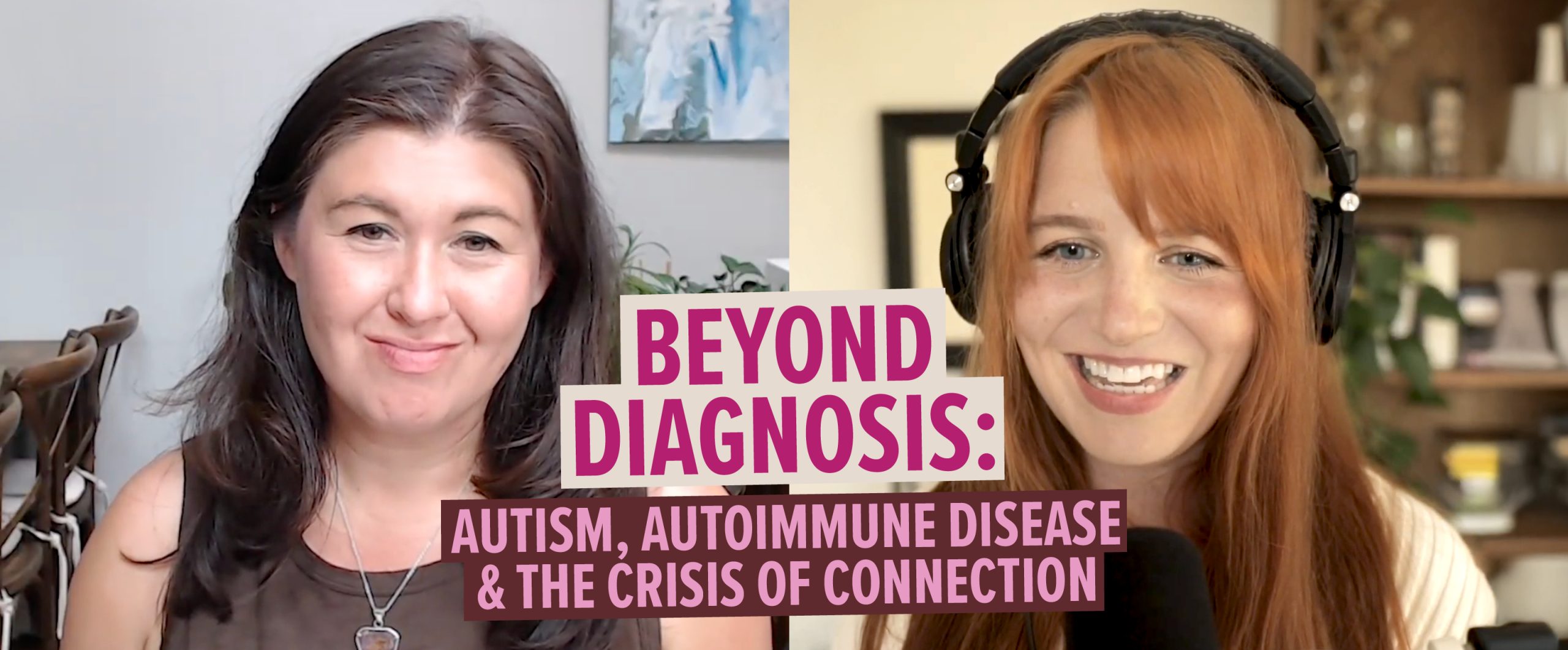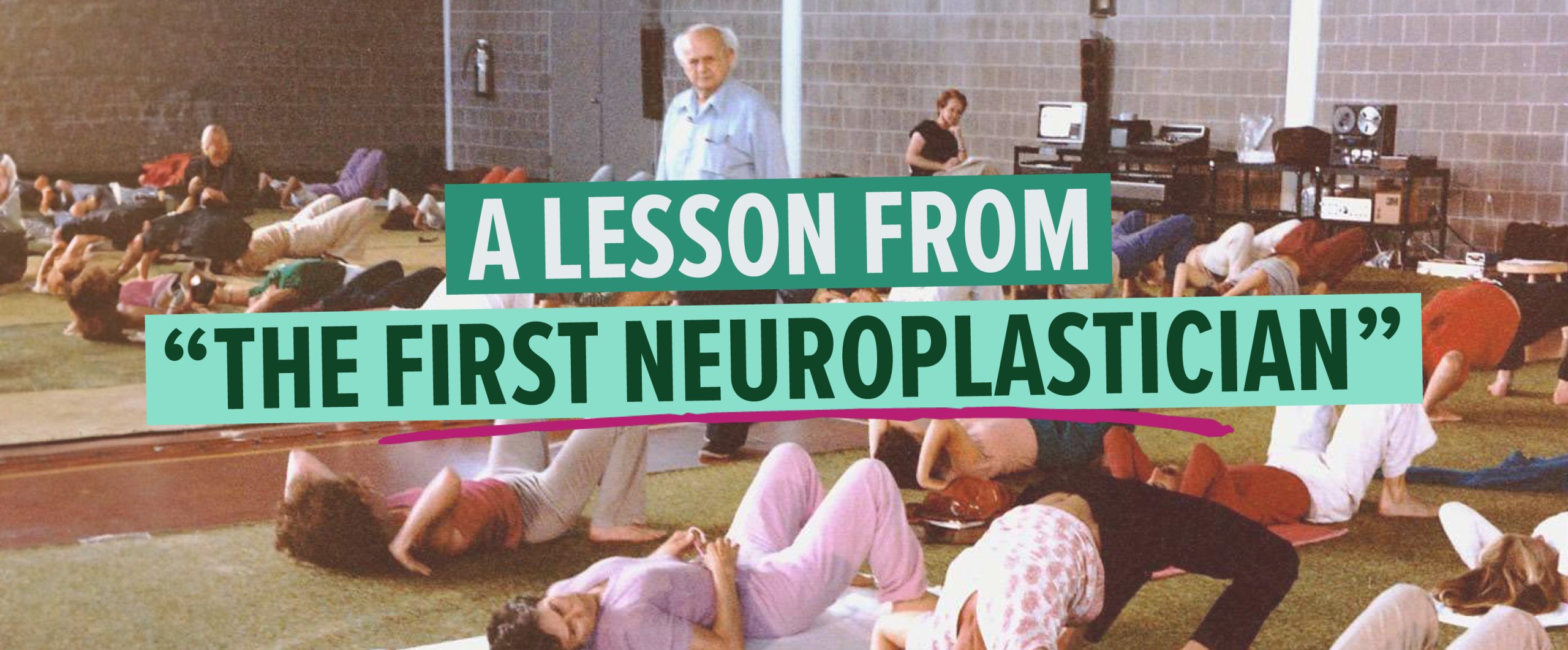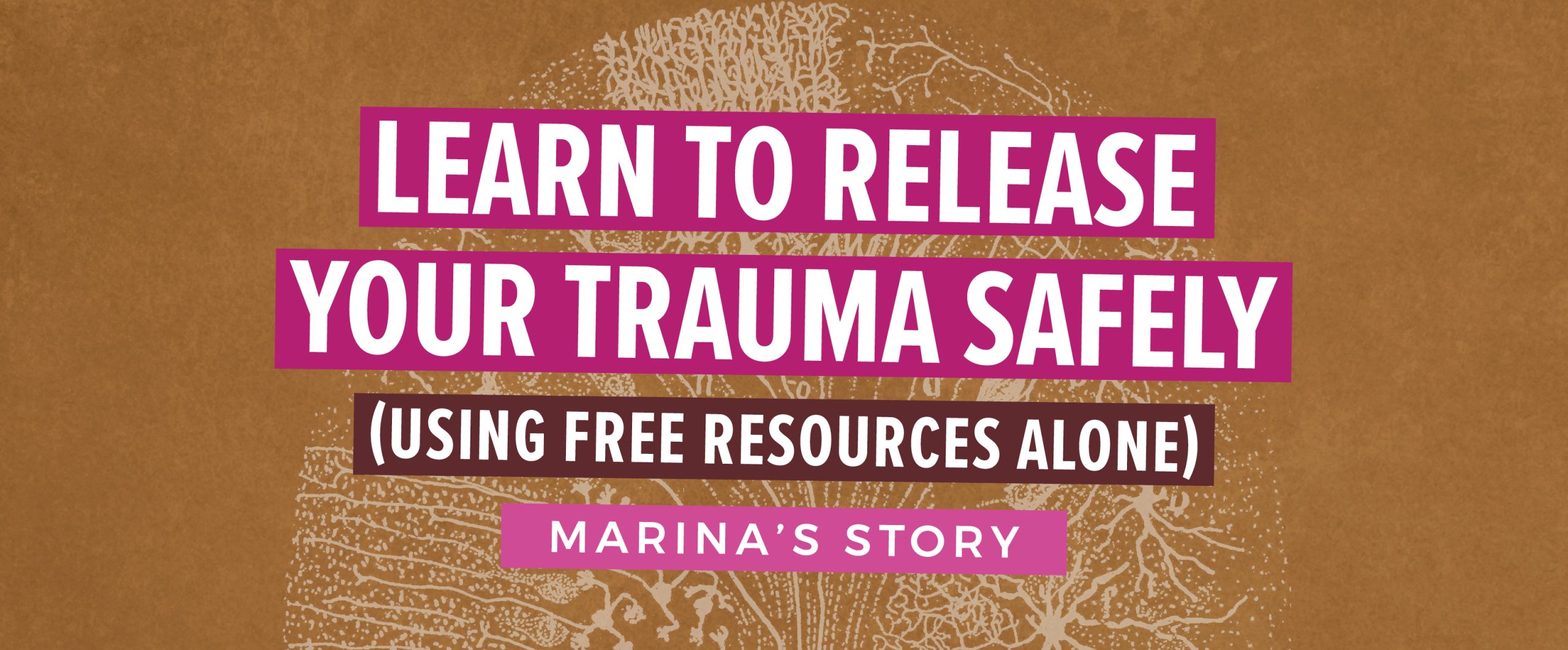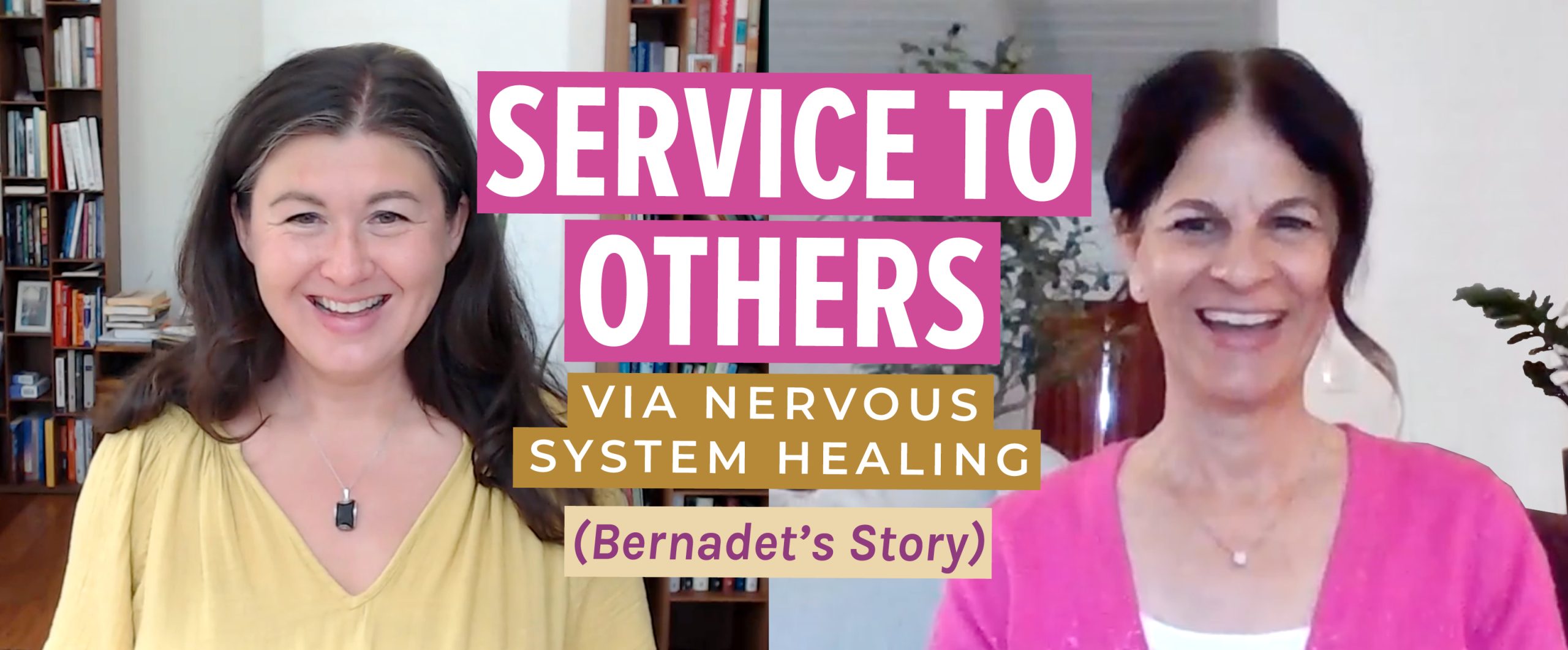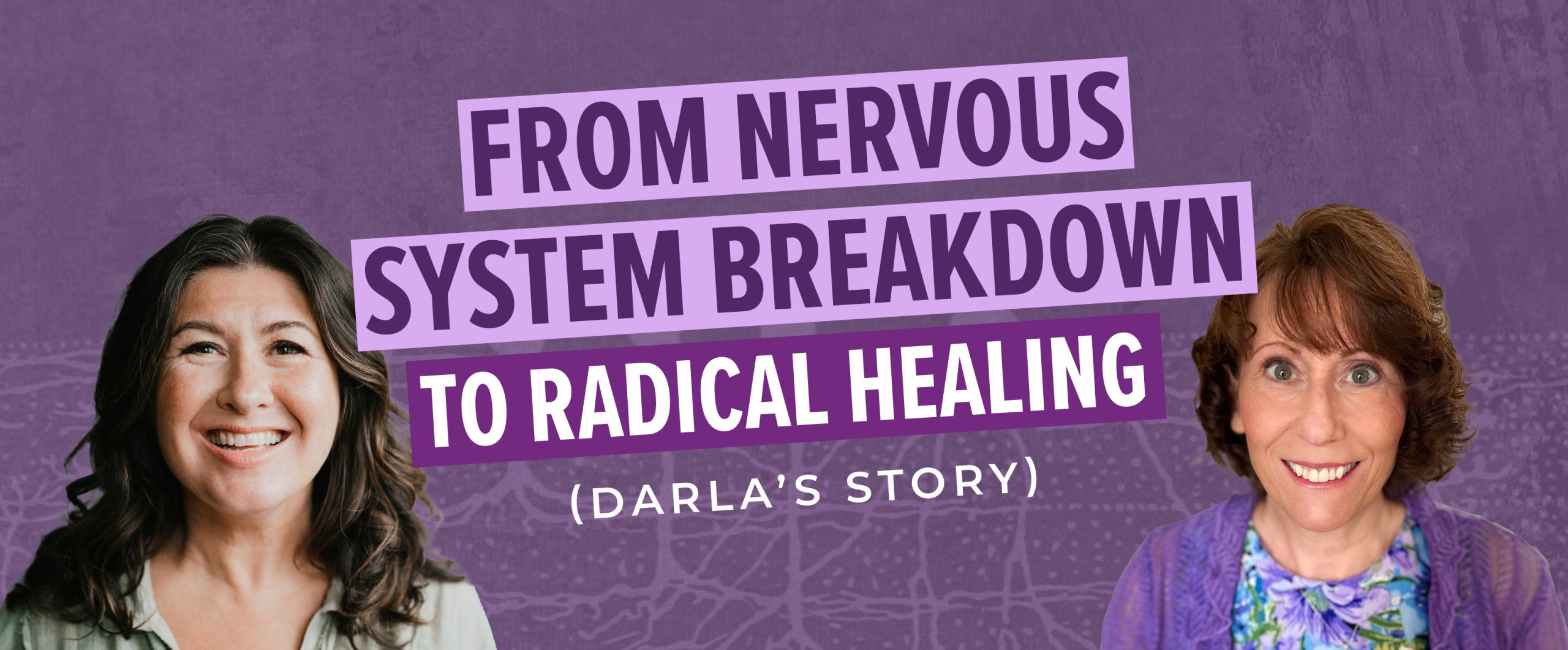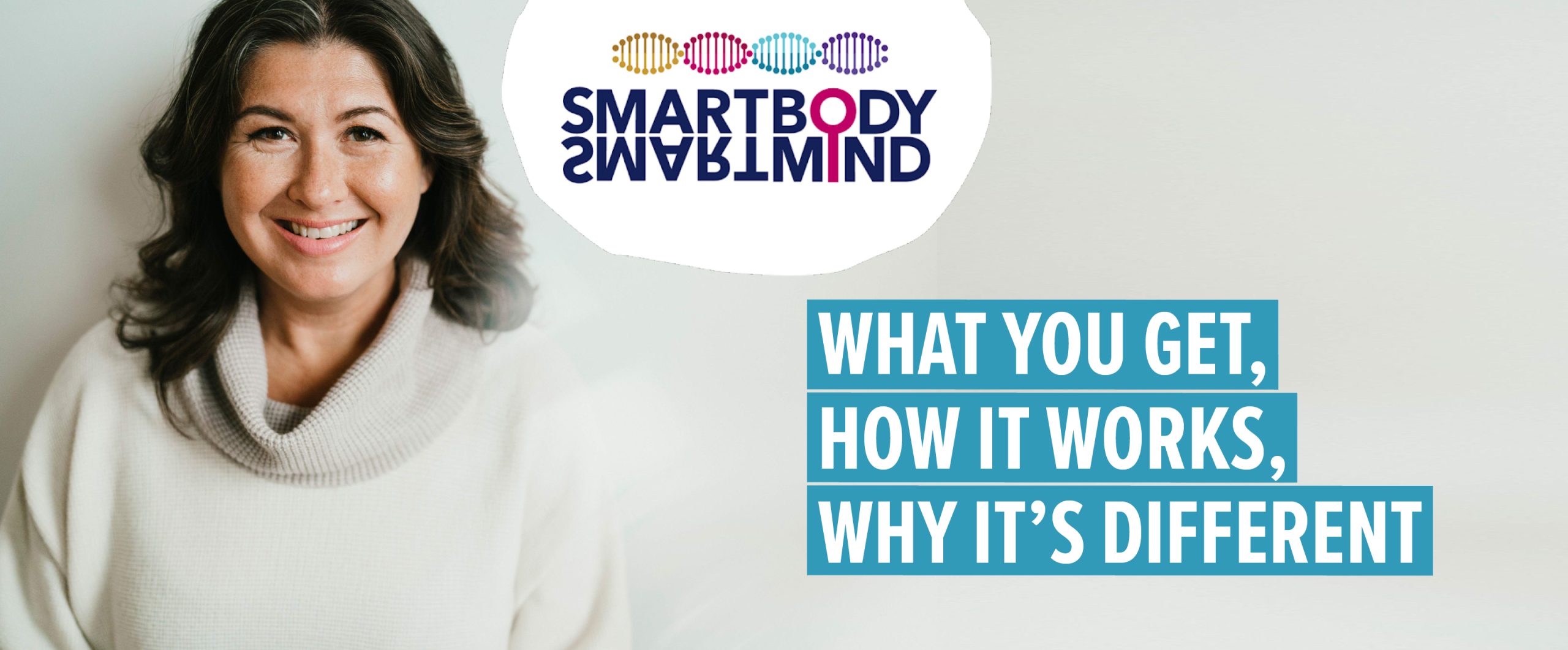I think it might have been in June last year when one of my teachers said:
“The somatic practices need to be more refined.”
These seven words really, REALLY, got me thinking. In 7 months of thinking and asking other people – my clients, colleagues, teachers – it seems unanimous:
Yep. Refinement needed.
First, where the 7 words came from.
I was in my advanced levels of Somatic Experiencing training, and we were discussing what may lead a person (in this case our clients) to become more uncomfortable in their skin. In other words, those times when you as the practitioner make a poor decision with your plan of attack and you say to yourself “oops”, that wasn’t the way to go. For instance you may suggest something for them to try, or veer onto a different course of treatment, and they get worse.
Oops.
The fancy words used to denote taking a person into an “oops” were that the client would become more fragmented and more overwhelmed.
When people decide to go to a Somatic Practice (I define Somatic Practice in Part 2), they often go to calm down and reduce stress. The problem is when you end up coming out more agitated and you haven’t learned any real strategies to deal with the stress that you will encounter ‘out in the world’. This is what I mean by “The practices need refinement.” This isn’t anyones fault. We are just very young as a Westernized culture. We are still figuring out the best ways to keep well and healthy in the current environments we are living in.
The Story of Jenny and Susan
Here is an example of how ‘lack of refinement’ in the teaching of certain classes could lead to more harm that benefit.
Many somatic practices ask people to become still, focus on the breath, clear the mind of thoughts etc.
Scenario A: Jenny suffers from anxiety. Rarely she feels safe, and because of these fears, she is in constant “fight or flight-mode.” She decides to go to a somatic practice to get more centered and calm. But, she has never done this, and the moment she lays still and feels her body in stillness, she feels less safe. Like she is trapped. More anxiety comes. Jenny’s heart rate goes up. Her palms get sweaty. She is ready to fight or flee. She just wants to run. But she is still, on the ground not doing as the teacher is instructing. Which leads to more anxiety. So she ‘fragments’ (imagine the shattering of glass into little tiny pieces and becoming less whole) and she goes into “overwhelm” (think more fight or flight). Simply put, she freaks out and leaves the class to never again return, or she may lay there and squirm, fidget and constantly look at the her cell phone to pass the time and the unbearable sensations of being still.
Scenario B: The flip side is Jenny’s best friend Susan. She joins the class because she too has trouble with anxiety. But the moment she senses she is still and doesn’t like it, rather than leave the class – after all her friend is still there – her mode of choice is to shut off, freeze, dissociate and ‘zombie’-out.
Jenny and Susan both make it through the class, but both avoid going into the sensations of the body and taking part in the practice. It isn’t their fault. This whole ‘stillness’-thing is new to them. No one has ever taught them about such body responses. And no one has ever taught them how to navigate themselves when faced with either “overwhelm”, or a sense to “freeze-up.” Both just assume that something is wrong with them – ‘this class isn’t for me’. Jenny leaves feelings restless, more alert and definitely not calm, while Susan leaves feeling calm, but withdrawn and the world looks a little dull as she exits into the sunny day.
I’d love to know how often this happens in mind-body classes. I fear it happens way to often. I’ve seen it in my own training’s. I know it has happened in my own classes (it’s easier to spot the restless ones), but now that I have an awareness of these distinctions, I put forth the question:
“How can we evolve our somatic practices to meet the changing needs of people, not to mention the diversity of people coming to us, especially in a class format?”
I answer this question in Part 2. Refining the Somatic Practices: My Science Geek Shines Through.
Thanks for reading! Irene.


